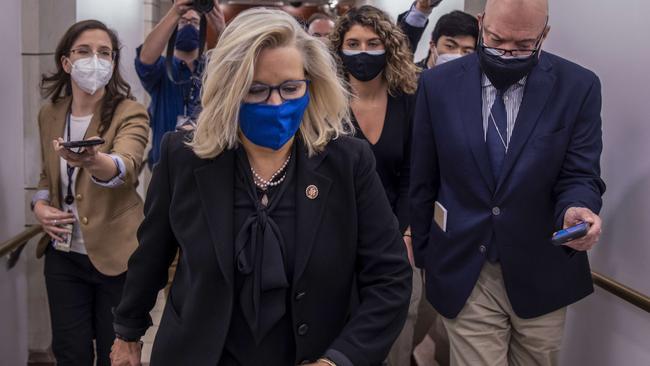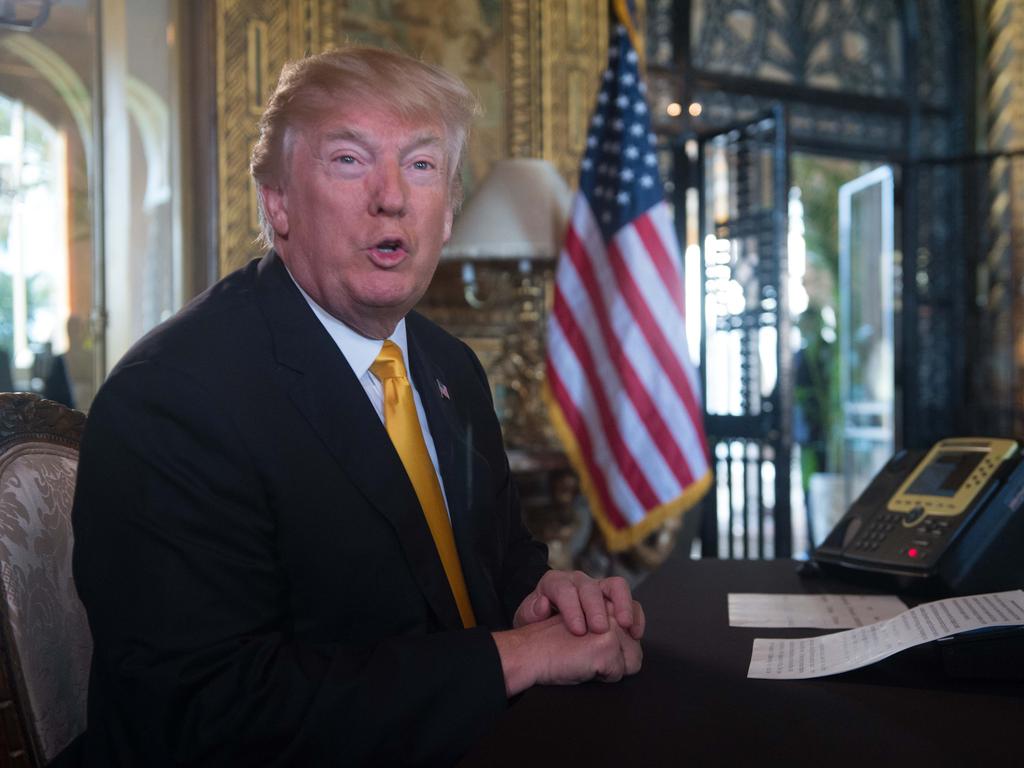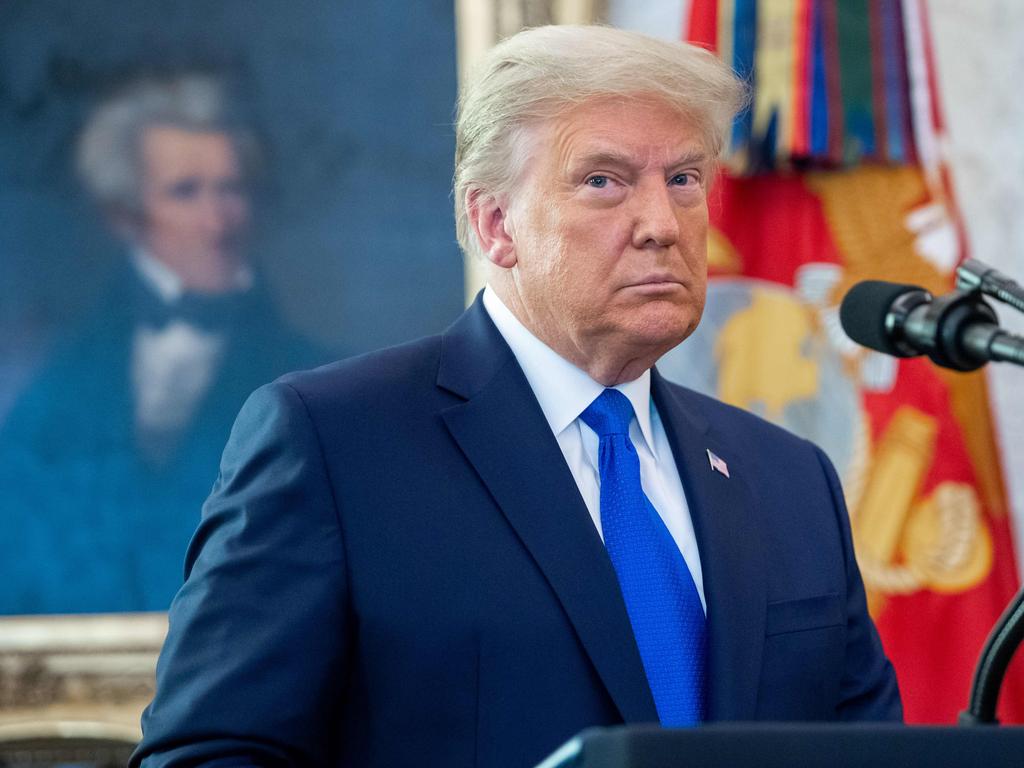Constitution doesn’t bar Donald Trump’s impeachment trial
Forty-five Republican senators voted in favour of Sen. Rand Paul ‘s motion challenging the Senate’s jurisdiction to try Trump. But scholarship on this question has matured substantially since that vote, and it has exposed the serious weakness of Paul’s analysis.

The strongest argument against the Senate’s authority to try a former officer relies on Article I, Section 4 of the US constitution, which provides: “The president, vice-president and all civil officers of the United States, shall be removed from office on impeachment for, and conviction of, treason, bribery, or other high crimes and misdemeanours.” The trial’s opponents argue that because this provision requires removal, and because only incumbent officers can be removed, it follows that only incumbent officers can be impeached and tried.
But the provision cuts against their interpretation. It simply establishes what is known in criminal law as a “mandatory minimum” punishment: If an incumbent officeholder is convicted by a two-thirds vote of the Senate, he is removed from office as a matter of law.
If removal were the only punishment that could be imposed, the argument against trying former officers would be compelling. But it isn’t. Article I, Section 3 authorises the Senate to impose an optional punishment on conviction: “disqualification to hold and enjoy any office of honour, trust, or profit under the United States.”

That punishment can be imposed only on former officers. That is because Article II, Section 4 is self-executing: A convicted officeholder is automatically removed at the moment of conviction. The formal Senate procedures for impeachment trials acknowledge this constitutional reality, noting that a two-thirds vote to convict “operates automatically and instantaneously to separate the person impeached from the office.” The Senate may then, at its discretion, take a separate vote to impose, by simple majority, “the additional consequences provided by the constitution in the case of an impeached and convicted civil officer, viz: permanent disqualification from elected or appointed office.”
Thus a vote by the Senate to disqualify can be taken only after the officer has been removed and is by definition a former officer. Given that the constitution permits the Senate to impose the penalty of permanent disqualification only on former officeholders, it defies logic to suggest that the Senate is prohibited from trying and convicting former officeholders.
Some have argued in the alternative that the trial is unconstitutional because Chief Justice John Roberts won’t be presiding. (Majority Leader Chuck Schumer said the chief justice was asked and declined.) Article I, Section 3 provides that “when the president of the United States is tried, the chief justice shall preside.”
This argument is mistaken, and the definite article is why: Trump is no longer the president. Section 3 excludes the vice president from a trial of a sitting president because she would accede to the office if he were convicted. No such consideration applies to Kamala Harris. It appears that Harris has also declined to preside, so the role will be filled by President Pro Tem Patrick Leahy. But she could unilaterally reclaim that prerogative at any time, including to cast tie-breaking votes on procedural motions or the decision to disqualify Trump.
The senators who supported Paul’s motion should reconsider their view and judge the former president’s misconduct on the merits.
The Wall St Journal







During the impeachment of Bill Clinton, his defenders argued that his misconduct was ultimately private and didn’t rise to the level of an impeachable offence. In the current impeachment of Donald Trump, that’s a hard argument to make with a straight face, since the then-president’s offences, culminating in the siege of the Capitol, were obviously public and political. So his defenders claim instead that it’s unconstitutional for the Senate to try him now that he’s no longer in office.